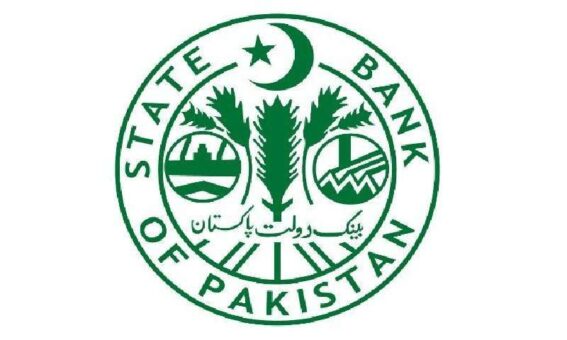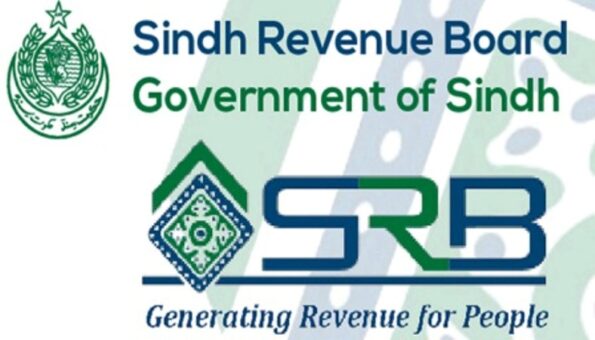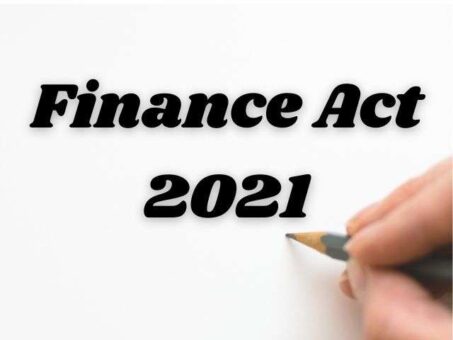KARACHI: State Bank of Pakistan (SBP) has abolished NADRA verisys for activation of dormant bank accounts.
The central bank on Monday issued a circular to amend “ANTI-MONEY LAUNDERING, COMBATING THE FINANCING OF TERRORISM & COUNTERING PROLIFERATION FINANCING (AML/ CFT/ CPF) REGULATIONS FOR STATE BANK OF PAKISTAN’S REGULATED ENTITIES (SBP-REs).”
READ MORE: Pakistan rebuts reports of stopping payments to Google
The FBR said that the amendments have been made in order to provide further clarity regarding dormancy requirements and to simplify the dormant account activation process.
As per amended provisions, banks and other SBP regulated entities may activate the dormant account upon receipt of a formal request from the customer through any authenticated medium, including their mobile banking applications, internet banking portals, ATMs, call centers, surface mail, email, registered mobile or landline number, etc.
Previously, the regulated entities were required to use the NADRA Verisys and a formal request (through postal address or email address or registered mobile number or landline number) for activation of dormant account by customers. “They should retain the NADRA Verisys for record keeping requirements (digitally or hard copy).”
READ MORE: Pakistan repays $1.8 billion in November 2022: SBP
NADRA Verisys is verification services of National Database Registration Authority and it facilitates verify NADRA’s issued identity document (CNIC, NICOP, POC, CRC and FRC).
As per new amendments, the banks shall send prior notice to the account holder through any registered medium, e.g. SMS, email, etc. before marking the account as dormant. Notices shall be sent one (1) month, seven (7) days and one (1) day prior to marking the account as dormant.
“Notice shall also include the account activation procedures/ channels,” according to the SBP.
SBP REs may allow credit entries in dormant or inoperative accounts.
Debit transactions/ withdrawals shall not be allowed until the account is activated.
READ MORE: State Bank stuns market with massive policy rate hike
However, transactions e.g. debits under the recovery of loans and markup etc., any permissible bank charges, government duties or levies and instruction issued under any law or from the court will not be subject to debit or withdrawal restriction.
The SBP also revised definition of “Dormant or In-Operative Account”. According to prior amendment it was the account in which no transaction has taken place during the preceding one year.
READ MORE: SBP raises benchmark interest rate by 100 basis points to 16pc
The amended definition is: “Dormant or In-Operative Account” means the account in which no customer initiated transaction (debit or credit) or activity (e.g. login through digital channels) has taken place during the preceding one year.







